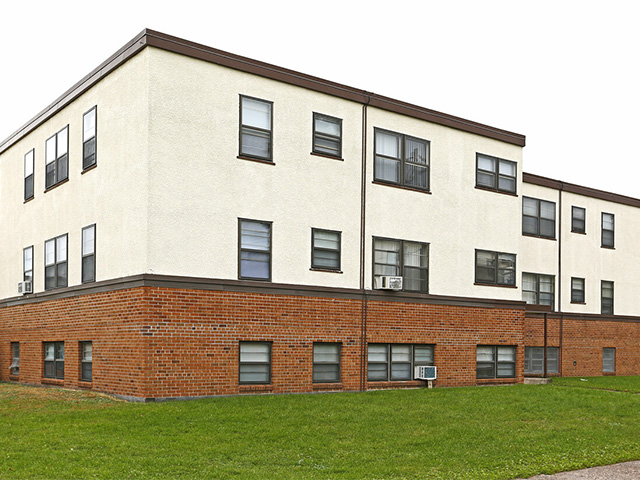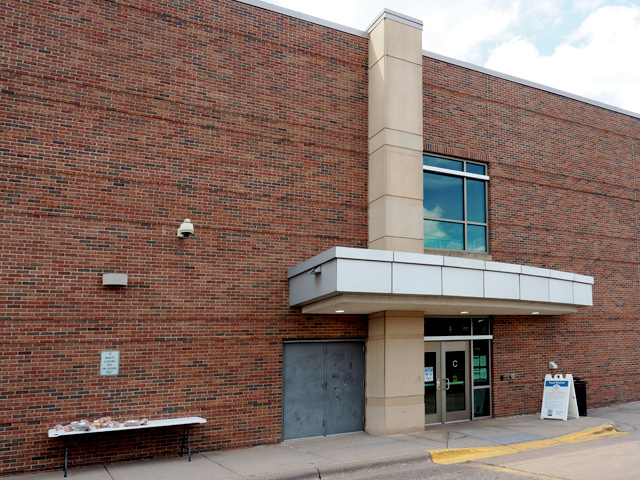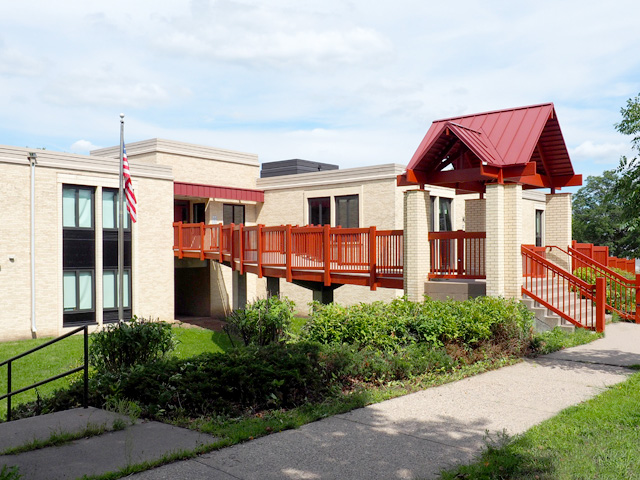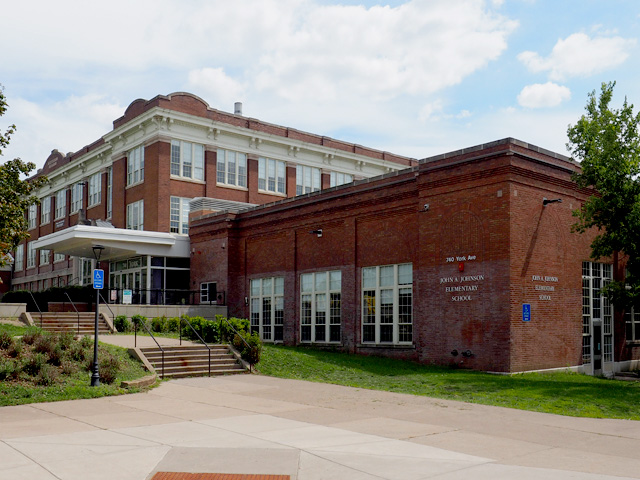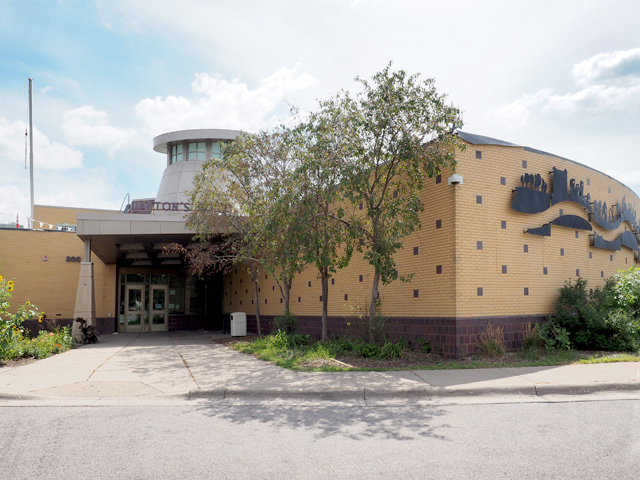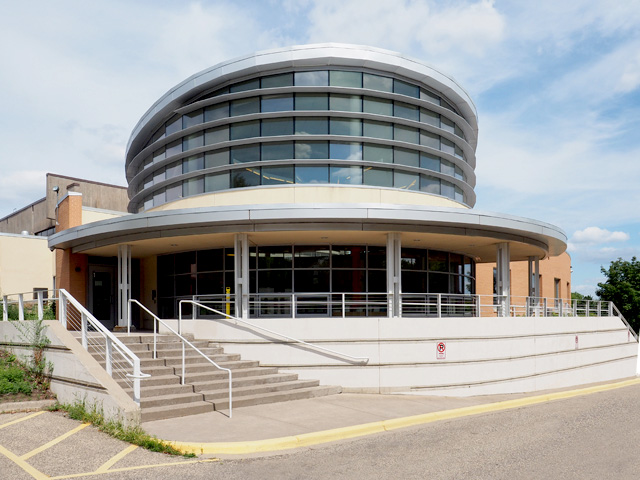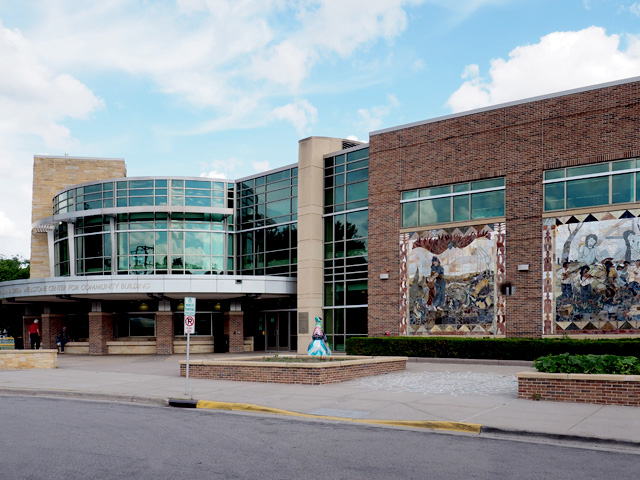Jarod Cooper and his wife recently moved to Minnesota and he was hired as a Youth Programming manager at Neighborhood House. Cooper oversees all of the programs that Neighborhood House offers to West Side youth, as well as forming partnerships with local youth-centered organizations. As a leader in youth development for more than 20 years, he brings not only his experience, but a fresh perspective on youth programming to St. Paul.
What was your first impression of Neighborhood House?
Neighborhood House reminds me of the agency where I started my professional work—it has a family focus and a lot of community services to help people. There’s a sense of warmth you get with the staff here and I work well in that type of atmosphere. They’ve not only chosen me, I’ve chosen them, too.
Talk about how you first got involved with youth programming.
I grew up in Chicagoland and was a YMCA kid. I spent my summers in YMCA camps—that’s where I learned how to swim and where I had my first interaction with sports. I first started working in youth programming in my sophomore year in college as a program camp counselor at the Aurora YWCA. I had a really good director who gave me my first hint of program development. During the training, he took us through every aspect of planning the camp. Initially, I thought it was tedious, but when I saw what went into the day-to-day activities, I was glad that we had that structure. He doesn’t know it, but I still use some of his structures to this day!
Tell me about a person who has influenced you in youth programming.
One individual was a director I had early on in my career. Even though he was wheelchair-bound, he was one of the most athletic individuals I’ve ever met. He participated on the Chicago Bulls wheelchair team, was also an avid ping pong-player and in the Paralympics. There wasn’t anything that he couldn’t do—he participated in all of the activities. He even swam with kids and taught us archery! Watching him, I learned that no one has an excuse not to do anything they set their minds to. He had a big part of setting me up in youth development.
What has surprised you most about working with youth?
They’ve evolved over the years, and they never cease to surprise you (deep sigh)! They used to wait to be prompted and prodded into taking on leadership roles, but now they are more empowered because of social media. A great example of this is the gun violence movement led by the kids in Florida (Marjory Stoneman Douglas High School). The things and events happening in the world prompt them to do something.
If you could change one thing about youth programming what would it be?
We should pay more attention to and address social emotion learning (SEL). Youth have found a lot of different ways to hurt themselves—cutting, self-medicating with pills—it’s a cultural thing that has to be addressed. It’s still taboo to have mental health issues, and it’s still swept under the rug. This is an issue that isn’t being served well in our community as much as it needs to be.
What do you wish other people knew about youth programming at Neighborhood House?
I really wish that we could be utilized to our capacity. We’ve been comfortable in our West Side neighborhood, but I’d like to see us all over the city of St. Paul. We are 120 year-old organization and if you’ve been around that long, you’re doing something right!
9/16/18



